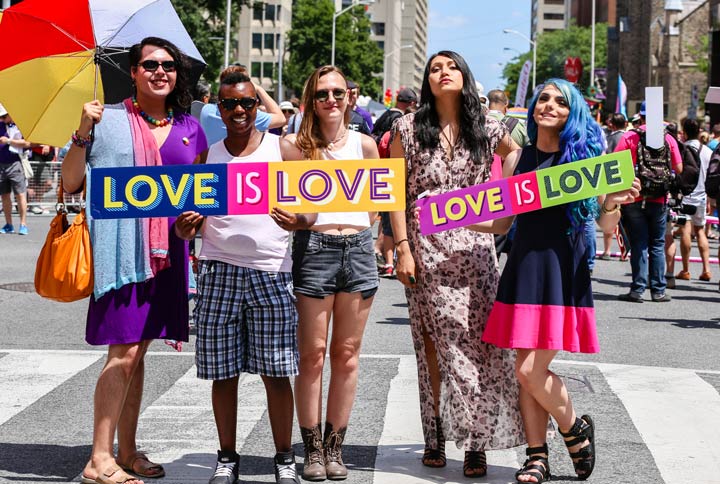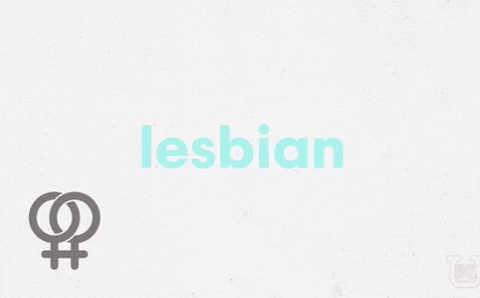
Intolerance, bigotry, prejudice…all germinate from ignorance. People tend to fear what they don’t know and what they don’t understand and instead of fighting negativity with more negativity, maybe the solution is to speak more openly, educate and open minds through dialogue. And this is what I am trying to do here today, with this article.
I’m bisexual. And this is what I can try to explain from my personal experience:
How did I know that I was bisexual?
I have always been attracted to both women and men, and I knew this about myself ever since I was just starting to become aware of romance and sexuality. I had men and women featuring in my fantasies (in fact, first it was just women!) and that always seemed normal to me. In my juvenile fantasies, I loved looking at a pretty woman and imagining being on a date with her, holding her hand, and talking to her. Later on, I imagined the same with men as well. I didn’t have any clue about lesbianism or bisexuality back then, but I knew how I felt. It was a bit later in life that I learned about other sexual orientations and placed myself as bisexual. It was good to know there were many others who felt the same!
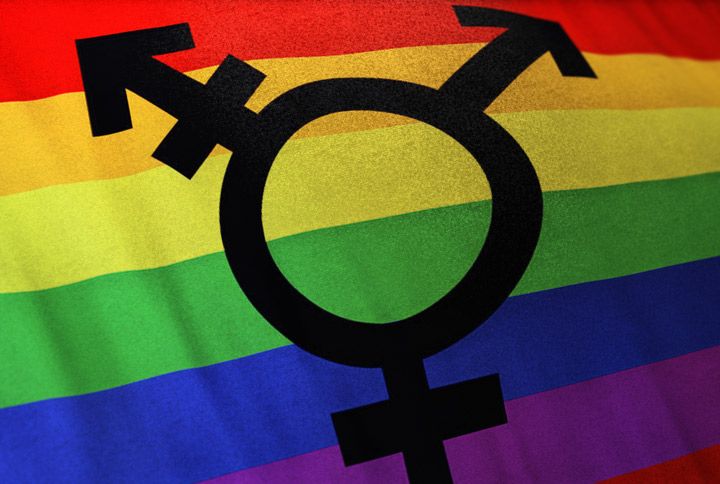
Was it hard to accept my truth?
Personally, I was always comfortable with my sexuality and aware of it. I knew I was bisexual and I didn’t judge myself for it. However, I was aware that it is unacceptable, and I didn’t really know of a way to rebel against it. So I only dated guys when I was younger—I didn’t think anything else was an option nor had I met any girl who seemed interested in dating other girls. I dated a woman for the first time when I was 19.
I will say that it is often easier to date heteronormatively because of societal acceptance and the availability of many different models in popular media and culture to emulate. That’s definitely changing now, which is a fantastic thing! But it’s understandable that when society doesn’t allow for the fruition of same-sex relationships in the same way it allows for heterosexual relationships (through marriage, child-rearing, etc), then people in that society who may be bisexual but are looking for a long term relationship would find it easier to date among the opposite sex than the same sex.
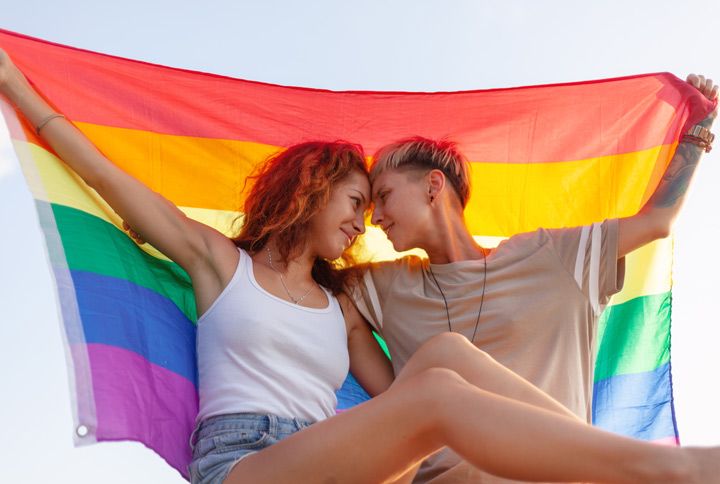
What are the common misconceptions when it comes to bisexuality?
There are many—and there are misconceptions and disagreements even within the bisexual community. For example, while some believe that bisexual people are only attracted to men and women, others believe bisexuality encompasses all genders. But that is a complicated topic, so I’ll focus on just a few misconceptions that I’m familiar with.
#1
One misconception I’m constantly faced with is that bisexual people are not interested in committed relationships and will always yearn for the “other side” (based on whoever they’re dating). This is especially common among bisexual women dating other women, where their relationship is often not validated and is looked upon with scepticism. While bisexual women are more often assumed to be straight, bisexual men are more often assumed to be gay. This implication can be demeaning to a person and their legitimate sexual orientation.
#2
Another misconception I’d like to address is the fact that people tend to consider bisexual people as “unsure” of their sexuality or not having “decided” on it. I find this quite strange as we don’t seem to say the same about heterosexual people. In fact, many people who were heterosexual for many years turn out to realise that they are actually bisexual (or even homosexual!). This happens due to a phenomenon called compulsory heterosexuality, where it is very common for society to push you into seeking out heterosexual relationships and dating due to multiple factors that could include the lack of representation of any other kind of sexuality as well as the stigma associated with being anything but heterosexual.
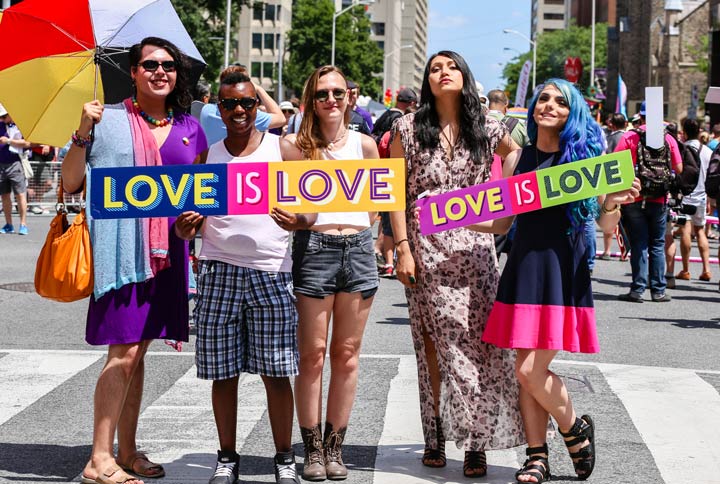
How do you become better allies?
Like I said above, there needs to be more validation, representation, and legal rights given to same-sex relationships, the same way as heterosexual relationships. The decriminalisation of homosexuality is merely one step in this journey. A good ally will help us fight for these rights and strive towards the legitimisation of our sexual orientation.
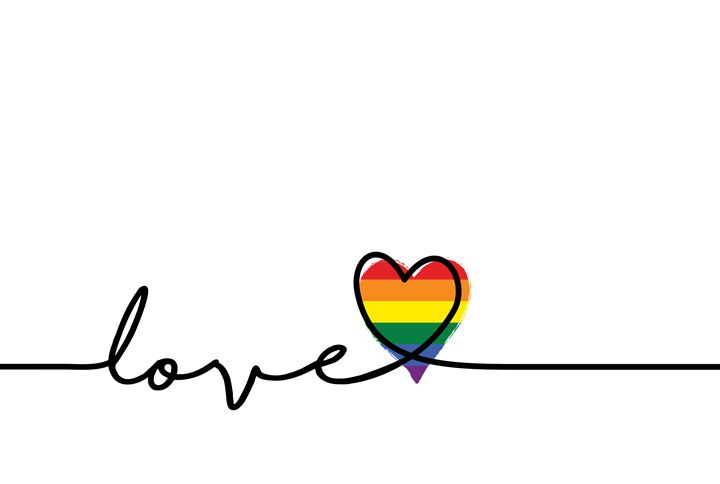
We have many more conversations like this on Malini’s Girl Tribe. Join the conversation on the Facebook group now.

